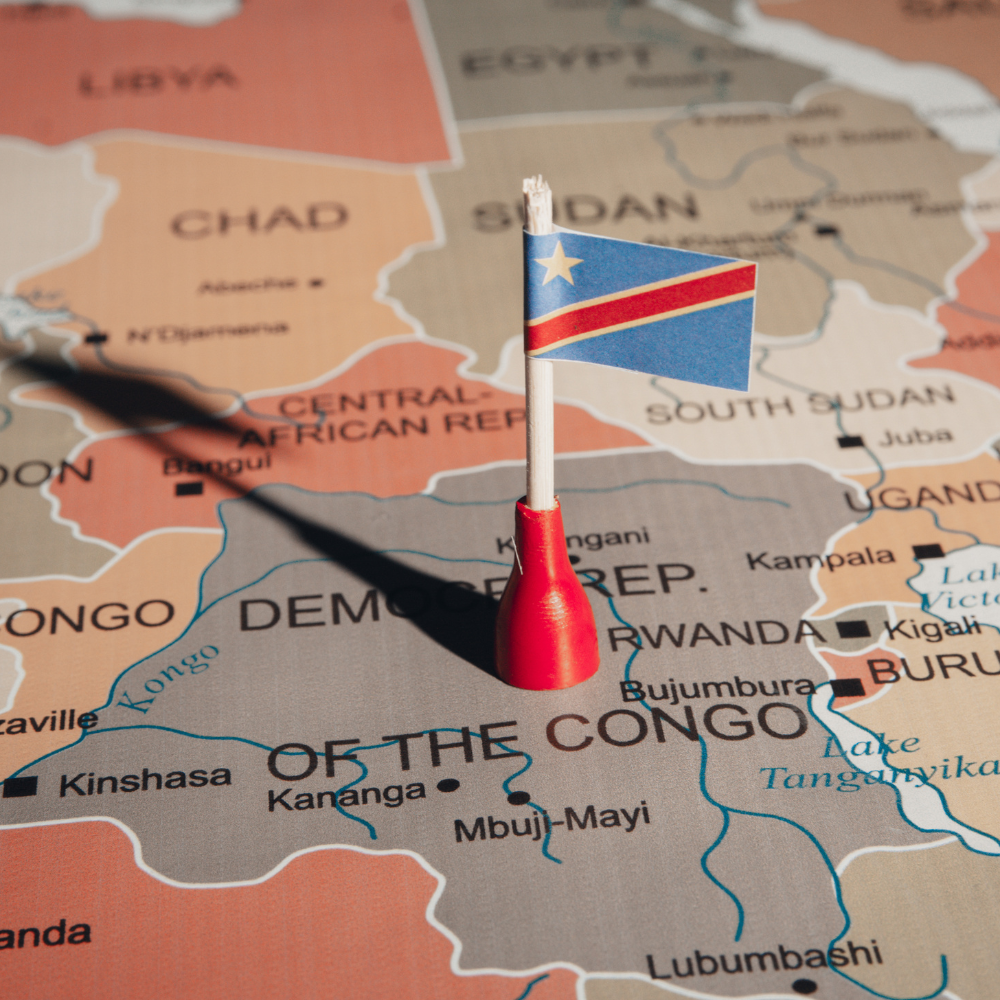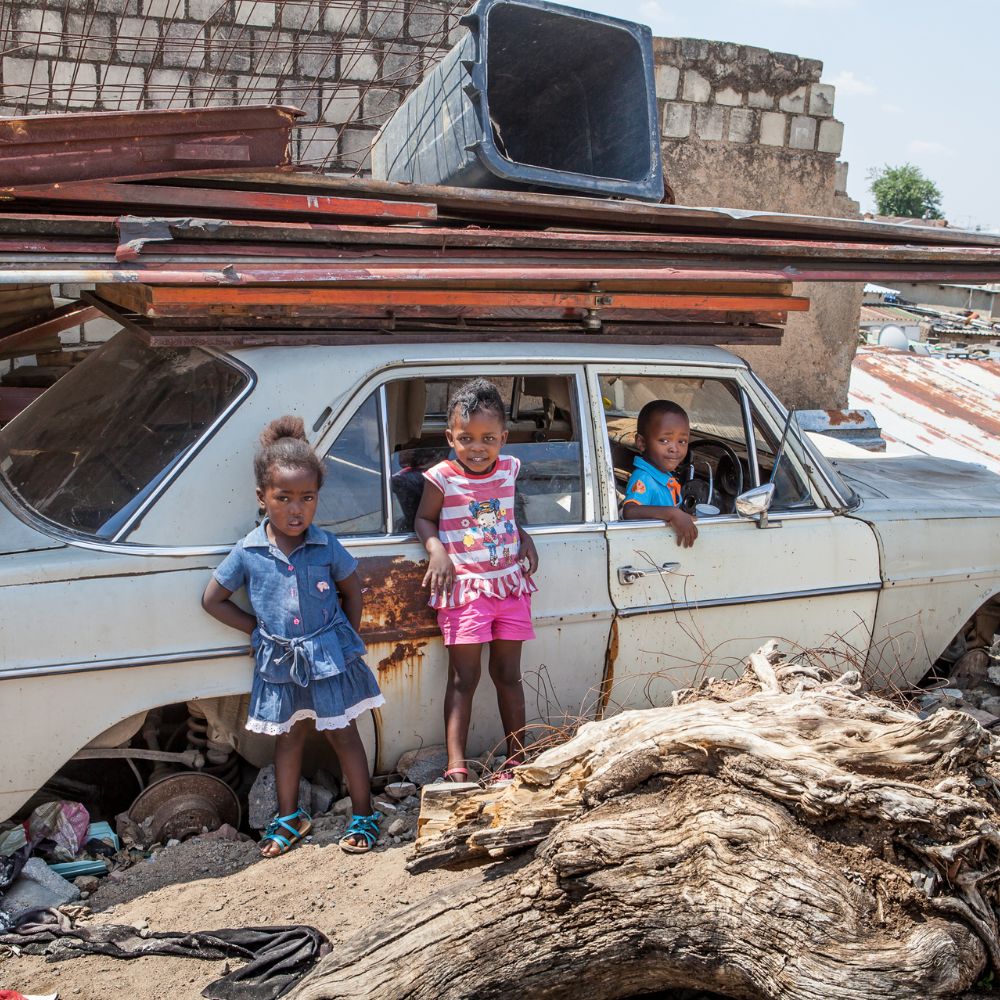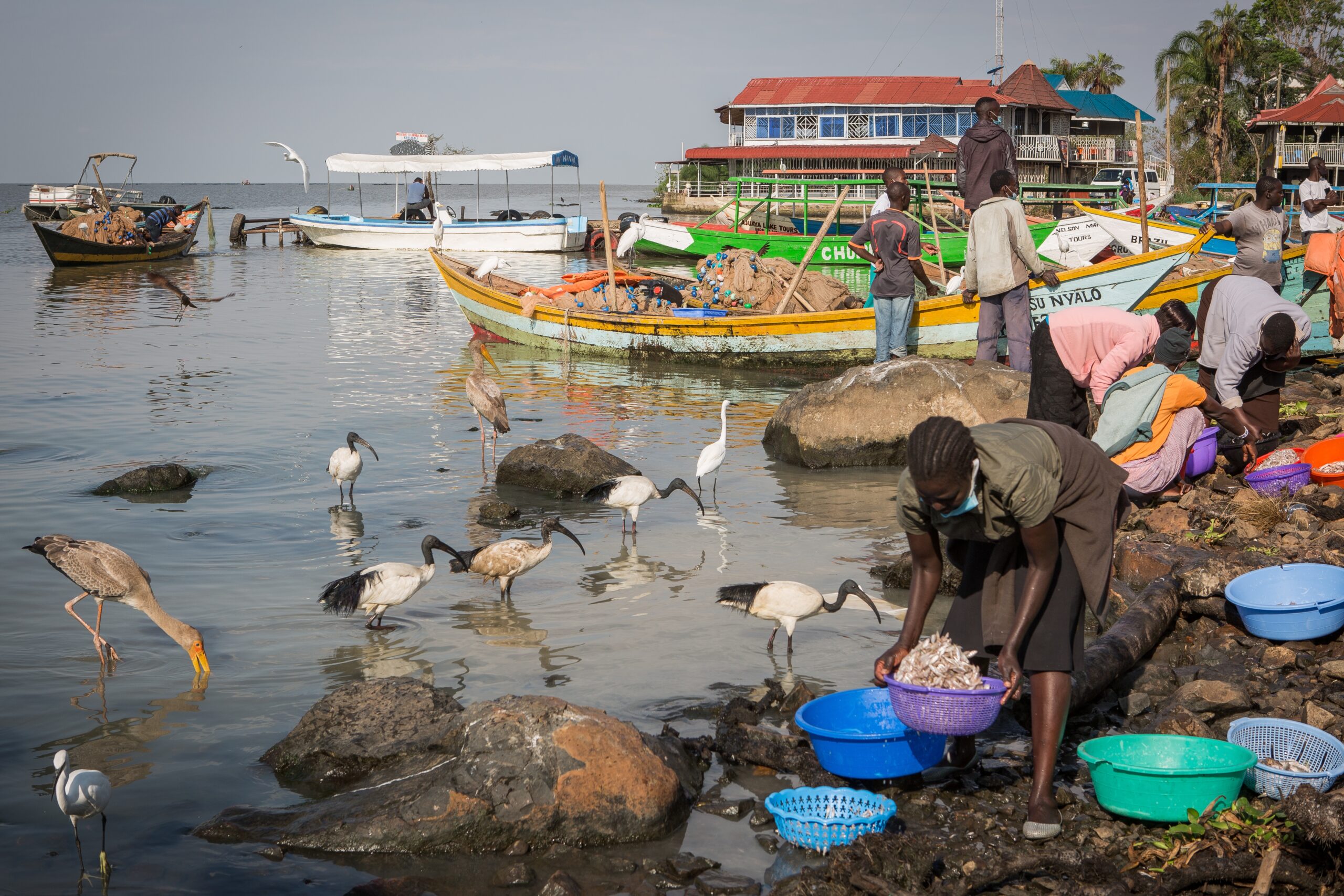Abstract
The African people and leaders1,2 have long seen education as a driving force of development and liberation, a view shared by international institutions3,4, as schooling has large economic and non-economic returns, particularly in low-income settings5. In this study, we examine the educational progress across faiths throughout postcolonial Africa, home to some of the world’s largest Christian and Muslim communities. We construct comprehensive religion-specific measures of intergenerational mobility in education using census data from 2,286 districts in 21 countries and document the following. First, Christians have better mobility outcomes than Traditionalists and Muslims. Second, differences in intergenerational mobility between Christians and Muslims persist among those residing in the same district, in households with comparable economic and family backgrounds. Third, although Muslims benefit as much as Christians when they move early in life to high-mobility regions, they are less likely to do so. Their low internal mobility accentuates the educational deficit, as Muslims reside on average in areas that are less urbanized and more remote with limited infrastructure. Fourth, the Christian–Muslim gap is most prominent in areas with large Muslim communities, where the latter also register the lowest emigration rates. As African governments and international organizations invest heavily in educational programmes, our findings highlight the need to understand better the private and social returns to schooling across faiths in religiously segregated communities and to carefully think about religious inequalities in the take-up of educational policies.




